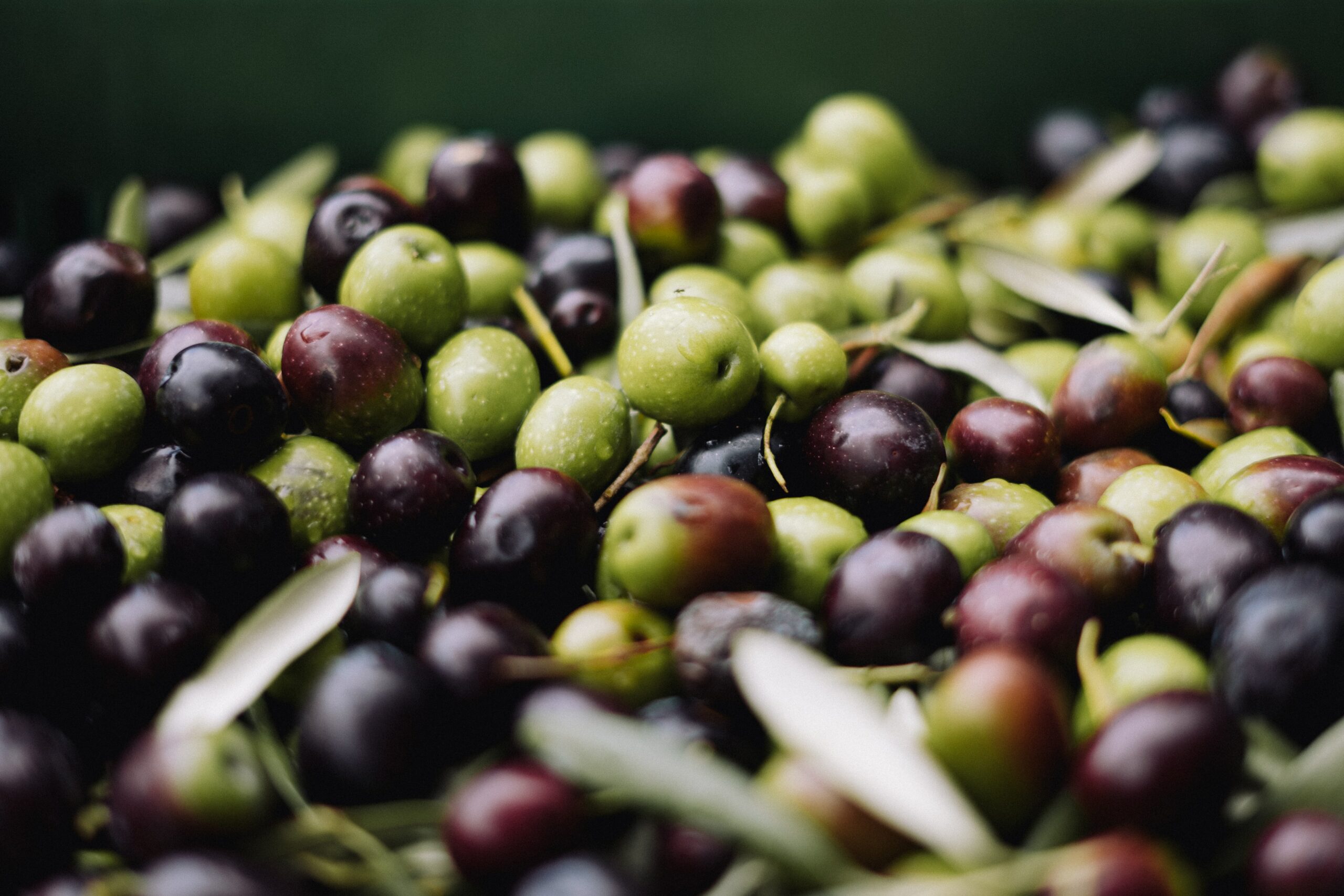Olive oil is known to be the better alternative to sunflower oil. But not every olive oil is a purchase recommendation. As the tests by Stiftung Warentest, ÖKO-TEST & Verbraucher show, not only cheap discounter products, but also expensive branded oils sometimes perform catastrophically.
Oil is currently in short supply. Not only sunflower oil, but also linseed and olive oil can be found in supermarkets or discounters, sometimes in vain. Olive oil in particular is an important part of a healthy diet. The cold-pressed oil from olives is proven to be a real super food.
The tests by Stiftung Warentest, ÖKO-TEST and Verbraucher.at show that this unfortunately does not apply to all products. All three experts for product tests not only tested the oils for sensory analysis, i.e. smell, appearance and taste, but also checked the ingredients in detail in the laboratory. Many products do well in the tests, including many organic products. However, many well-known products perform disastrously.
The reason is very often the pollutants found in the laboratory: in addition to plasticizers, many products also contain mineral oil. Small amounts always occur in industrially processed natural products. However, some brands exceed the specified limits. However, Stiftung Warentest and ÖKO-TEST use different standards. While Stiftung Warentest is guided by the legal requirements, ÖKO-TEST often deducts points even for smaller quantities. The time of the test also plays a major role in the results. Depending on the batch and year, the ratings can be correspondingly different due to different influences – even when the same product of the same brand was examined.
For a better overview, we present the winners and losers in the test by Stiftung Warentest, ÖKO-TEST and Verbraucher.
Olive oil in the test: The winners and losers at a glance
Stiftung Warentest
Stiftung Warentest examined 27 products, both premium brands and milder and cheaper olive oils. Overall, the testers convinced 15 products, for which they gave the verdict "good". That's more than half, including many organic oils. The Spanish organic oil Artrechte Phenolio (on Amazon) for 48 euros per liter and the Italian Selezione Gustini Antico Frantoio della Fattoria (on Gustini) for 40 euros per liter stand out in terms of taste and shine with scents of grass, almond, pepper and artichoke . Their chemical quality is also top-notch. Both were bought online. Other good olive oils in the test are cheaper: the best classic branded oil is Bertolli Originale (to Amazon), the best discounter oil is Lidl Primadonna.
Taste errors are not allowed in the highest quality class "extra native". Olive oil must not taste rancid either. However, the tasters found this error in Alnatura's extra virgin olive oil. It shouldn't have been sold as "extra native" and received "inadequate". Oil & Vinegar Nocellara Olive Oil Extra virgin olive oil fails because it is very heavily loaded with DEHP. The high value indicates that the softener could have come loose from unsuitable hoses. DEHP can impair fertility and is avoidable at altitude.
> To the detailed test at Stiftung Warentest
ECO TEST
And the olive oil from Alnatura is not convincing at ÖKO-TEST either. According to the results, Alnatura's olive oil is considered "lampant". This oil may not be offered as cooking oil in Germany. According to the European Commission, lampante olive oil is not intended for retail marketing: "It is refined and used for industrial purposes." The manufacturer has withdrawn the batch from the market. The experts tested a total of 16 products. Only one olive oil scores "very good".
The test winner is the Crete Extra Virgin Olive Oil from Rapunzel. At Amazon you pay around 26 euros for 2x 0.5 liters. Two others still cut off "satisfactorily". The other 16 products fail the test. Read more about this here.
> To the detailed test at ÖKO-TEST
Consumer
The consumer tested a total of 15 olive oils from supermarkets, discounters, drugstores and organic shops. In addition to some brands that are only available in Austria, some products were also tested that are also available in this country. In contrast to Stiftung Warentest, the cheap brands can score here. Test winner is the olive oil from S-Budget (Spar). Second place was taken by Aldi (Hofer) with the Castello olive oil. The cheap discounter products owe their top rankings above all to a very good rating in the test for harmful substances such as mineral oils and plasticizers.



